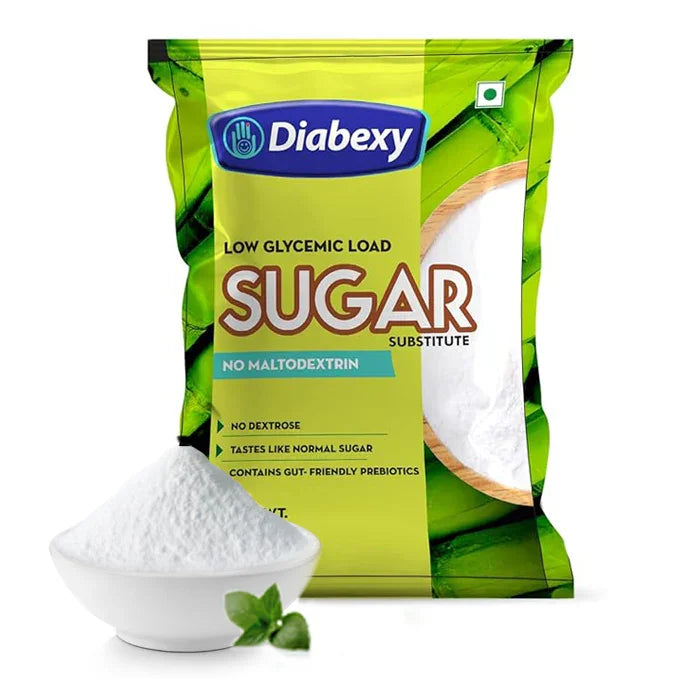
It’s a hot day. You’re sweating, tired, and craving something cold. You reach for a soda, twist the cap, take a long sip—and feel instantly better. But what happens next, inside your body isn’t quite so refreshing. Cold drinks might taste like relief, but beneath that sweet fizz is a mix of sugar and chemistry that your body has to deal with often in ways that quietly raise your blood pressure.
What’s Really in That Bottle?
Most cold drinks are loaded with sugar—anywhere from 11% to 15%. That high sugar content gives them an osmolarity (a measure of concentration) of around 350 to 400+ mOsm/L. Your blood, on the other hand, stays within a narrow osmolarity range of 275 to 295.
When you drink something that concentrated, your body pulls water from nearby cells to dilute the sugary drink now in your bloodstream. This simple shift causes two things:
• Blood volume increases
• Your heart has to pump harder
So yes, cold drink and blood pressure are connected in a very real way. These are the cold drink side effects that often go unnoticed but have a lasting impact.
Still Thirsty? Here’s Why
You’d expect a cold drink to quench your thirst. But that’s rarely what happens. In fact, many people report feeling even thirstier afterward. Why?
Because that sugary drink draws water out of your body’s cells. It’s not rehydrating you—it’s robbing you of hydration. That explains the common complaint: "Why cold drinks don’t quench thirst".
The Sugar-BP Connection
Sugar doesn’t just raise blood sugar—it raises blood pressure too. As glucose levels rise, osmolarity follows, forcing the body to compensate by shifting fluids. This puts more pressure on your heart and blood vessels. For people with diabetes, the effect is more severe. It’s no surprise then that many ask: "Does cold drink increase BP"? The answer: absolutely. More Than Just Blood Pressure The effects of cold drinks on health aren’t limited to BP.
Here’s what else they can do:
• Raise the risk of weight gain and insulin resistance
• Leave you more dehydrated, not less
• Stress your heart and kidneys over time
What About Sugar-Free Soft Drinks?
Switching to sugar-free sodas might sound like a solution. But while they avoid sugar spikes, they’re not entirely harmless. The sugar-free cold drink benefits are limited. Many of these drinks still contain sodium, artificial sweeteners, and acids that affect your body in other ways—sometimes also raising osmolarity.
If you're looking for a safer alternative, consider using natural sweeteners. Brands like Diabexy offer diabetic-friendly options that don’t spike your sugar or increase your osmolarity. Products like Diabexy’s sweetener can be used to make your own refreshing drinks at home—without the health risks. So, Does Soda Raise Blood Pressure? People frequently ask: "Does soda increase blood pressure"—and the answer is backed by science. A high-osmolarity drink can tip the balance inside your body and put pressure on your cardiovascular system, whether or not you’re diabetic.
Visit www.diabexy.com or order Diabexy products online on Amazon and Flipkart to take the first step toward a pain-free, healthier life.
For more information, Watch this complete video now:-


